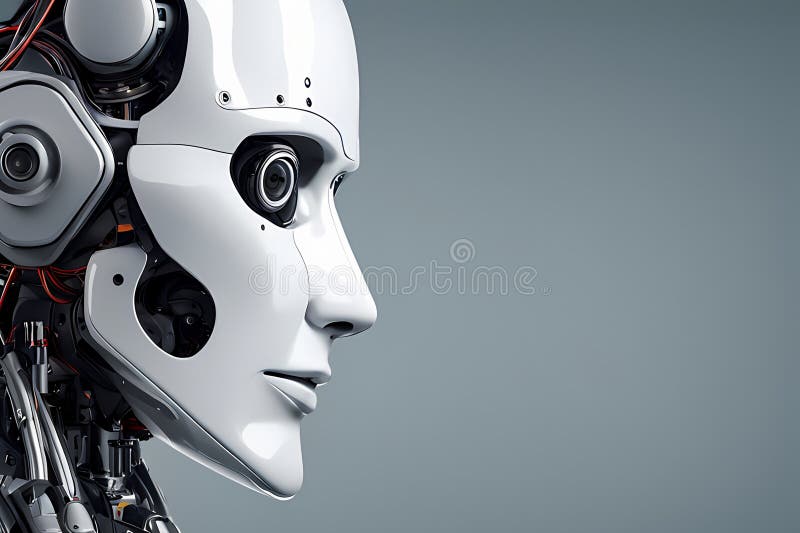Researchers build ChatGPT-powered robot arm that costs $120
ChatGPT is making its way into the physical world with a groundbreaking project where a robot arm demonstrates its cleaning abilities. When instructed by a researcher, the robot arm swiftly responds, showcasing its capabilities.
The robot arm is able to handle tasks like cleaning a table surface with a sponge, demonstrating its motion skills. Despite not achieving perfection, the robot effectively completes the task. What's remarkable is that this entire system was developed in just a few days and for a cost that is less than a ticket to a Taylor Swift concert.

Building the GPT-4o-Powered Robot Arm
The team behind this project successfully built a cleaning robot powered by GPT-4o. The key components included:
- Robot arms costing $250
- A development period of 4 days
This project exemplifies how open-source technology is revolutionizing the field of robotics. By leveraging OpenAI’s GPT-4o and cost-effective robot arms, researchers achieved remarkable results in a short timeframe.
Training the Robot Arm
The researchers at UC Berkeley and ETH Zurich utilized OpenAI’s GPT-4o along with budget-friendly robot arms to train their robots in various tasks, including spill cleanup. By providing the robot arms with numerous demonstrations, they taught them motion policies using the Actor-Critic Training framework.
Through this approach, the robots were able to mimic human movements, enhancing their efficiency in task handling. The end result was a robot capable of identifying spills, using a sponge to clean them, and providing explanations for its actions.

Accessibility and Democratization of Robotics
One of the most significant aspects of this project is its accessibility. The robot arms used were affordable and fully open-source, allowing for easy replication by individuals with basic 3D printing skills. Detailed assembly instructions and required files are readily available on platforms like YouTube and GitHub.
This project serves as a proof-of-concept for a robot control architecture, showcasing how open-source initiatives are democratizing the field of robotics. By combining open-source hardware with AI-powered software, the project demonstrates how even amateurs can develop sophisticated robots.
Advancements in Robotics
The project highlights a shift in the robotics landscape, where affordable hardware and AI capabilities are lowering barriers to entry. With advancements like 3D printing and AI, individuals and small teams can now create customizable robots capable of complex tasks.
The use of GPT-4o in training these robots, though unconventional, proved to be beneficial. By leveraging a visual language model, the researchers guided the robot through tasks that required reasoning and physical interaction, showcasing adaptability and intelligent responses.

As open-source platforms continue to evolve, innovative solutions like these could soon find their way into everyday life, transforming homes and workplaces. The integration of AI-powered robots into practical scenarios demonstrates the expanding capabilities of artificial intelligence beyond traditional text-based applications.




















